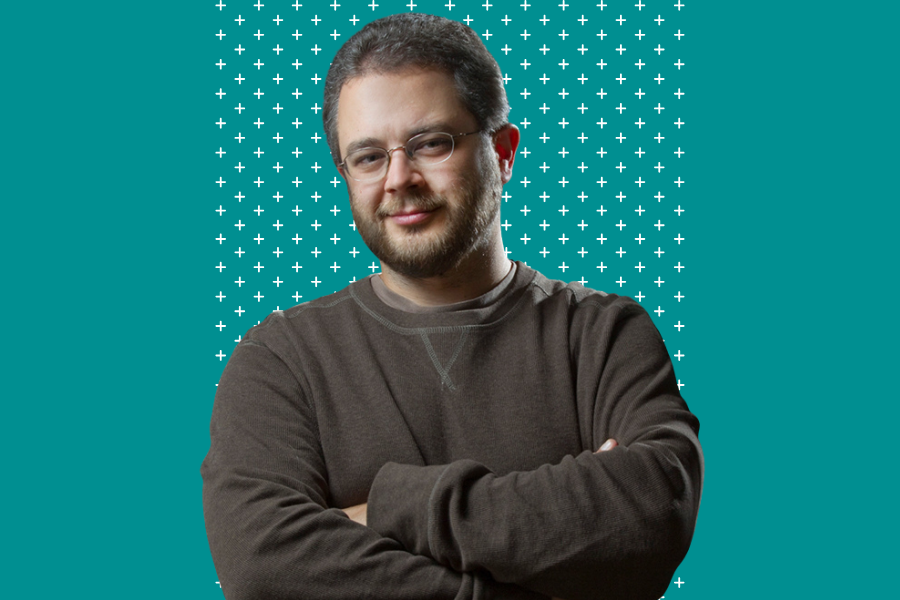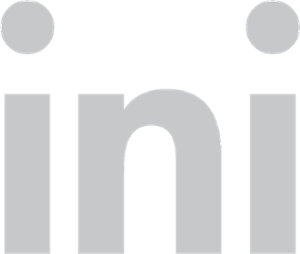
Faculty Spotlight: Patrick Tague, a Lifelong Learner Preparing the Next Generation of Security Experts
By Evan Lybrand
Media InquiriesAssociate Teaching Professor Patrick Tague is a lifelong learner and teacher who found his passion early and has followed it his whole career. At the Information Networking Institute (INI), Tague works in the intersection of computer systems and information security. He brings hands-on experience and real-world examples to the classroom to give his students the practical tools they can use in the classroom and beyond.
Tague has been with Carnegie Mellon University (CMU) for 16 years and has taught INI courses from CMU in Silicon Valley (CMU-SV) for many years. In 2020, he officially joined the INI faculty full-time. Learn more about Tague and his work to prepare the next generation of security leaders.
Could you tell us a little about your journey?
Tague: I grew up in a family where nobody had advanced degrees, but as a kid, I always wanted to grow up and be a teacher and a researcher. I was exposed at a relatively young age to some of the industry research work at 3M (a company that works in industry and worker safety). They would come to elementary schools and do little technical demonstrations and then I started tutoring other students when I was in fourth or fifth grade.
I've been in school, in some form, for my entire life. I did my undergrad work at the University of Minnesota and was a computer engineering and math double major. After that, I went straight to graduate school at the University of Washington and spent six years living in Seattle, Washington, studying in the electrical engineering department, essentially doing network security for my Ph.D.
How did you come to the INI?
Tague: My pathway to CMU was very unexpected. I graduated in the spring of 2009, which was the largest recession we've had in a long time. The job market was terrible, but an opportunity arose to come and work with the INI, and it was a perfect fit. Coming to CMU, I was expecting to transition into a traditional academic role. However, when I went to CMU in Silicon Valley, it was a unique opportunity to — as a very young faculty member — immediately have influence on what the programs were doing.
What is your area of focus?
Tague: I usually describe myself as being at the intersection of computer systems and network security. That's where a lot of my research and courses that I teach have been.
What drew you to this subject?
Tague: During my undergrad, I knew nothing about security. When I got to grad school, I was originally interested in doing networking communications, which meant I was learning about wireless communication protocols and things that took advantage of my math background. After starting grad school, I started looking at new areas, and I found a faculty member who was doing network security. I knew nothing about it — I talked to him and learned that it was such a young field at the time. The opportunity attracted me, and that was how I got started. I just fell in love with it completely.
What courses do you teach?
Tague: Currently, I teach four courses for the INI. 14-642: Introduction to Embedded Systems and 14-829: Mobile and IoT Security are both in the Fall. In the Spring I teach 14-742, which is my special topics course: Competitive Embedded System Design and Exploitation Security and Network Systems, and 14-736: Distributed Systems. I also teach14-722: Special Topics: Competitive Embedded System Design and Exploitation. It's a semester-long Embedded Capture the Flag (eCTF) competition hosted by MITRE that involves software design, efficient/constrained use of cryptography, hardware and software security, software analysis and vulnerability exploitation. In the course, students work closely and get experience with project management on a larger team. All of those are focusing on either the low-level systems side of things, the security side of things or the intersections between the two.
How can students take the skills from your courses and use them beyond the classroom?
Tague: That's something that I build into my classes deliberately. One of the things that I've taken to heart while working at the INI is that our courses should serve students in their transition to the workforce and in their careers. If I'm doing something foundational or algorithmic for the systems courses, I'll always talk about what real systems use it for. How is this used in practice? Often, I'll give them hands-on tasks. They'll be building and implementing things that could be used in software.
In a few of my courses, I also give the historical context of how we got here. It's fun to talk about what happened with mobile devices and security back in 2010, when these were brand-new devices and nobody had thought about how people were going to use them or what kinds of applications would come out. That historical context is invaluable. We spend a lot of time talking about all the mistakes people made, the problems created and the examples of things not to do.
I also let them do a lot of the fun, hands-on stuff. Here's an IoT device, or a mobile device; go and reverse engineer some of the software. Or go and hack the device and see what you can find. Those skills are invaluable because you have to understand everything about what the device is doing, what the software is doing and what kind of networks it's connected to. It's that holistic learning that I think is valuable in the real world.
What do you enjoy most about working with students?
Tague: I like that different people come in with different experiences and different perspectives. And although they’re learning a lot in the class, I'm learning a lot from them too. I'm learning a lot about how technology is used in different cultures and how people learn about things. It makes the classroom so much more engaging when everybody has their side of the story to share.
When you think about the advancements in the field, what are you most concerned about?
Tague: I think right now, the thing I'm probably the most concerned about is the reliance on Artificial Intelligence (AI) technologies and the trust people are putting into unproven AI technologies. AI is ready for experimentation, for academia, but I feel like a lot of things aren't ready for the real world yet. I'm worried that unexpected things are going to start happening.
What are you most excited about?
Tague: Looking at the kinds of systems we have on the internet today, compared to what I grew up with, it's amazing. Looking at the ability to communicate with people around the world, it has built an amazing platform for education. I feel like it's very beneficial for making people aware of what's going on and a lot of that is just the systems that we've built. It's the advances in computing infrastructure, networking infrastructure and telecommunications. And the fact that all of that has happened in just a handful of decades is unbelievable.
What advice do you have for students?
Tague: Don't be scared away. I'm always encouraging people — even if they're not technical people — to learn a little about it. There are bad actors out there, and we need to be aware of the risks and the potential things that can go wrong. It's a hard thing to learn, but I think it's beneficial to think about it.
